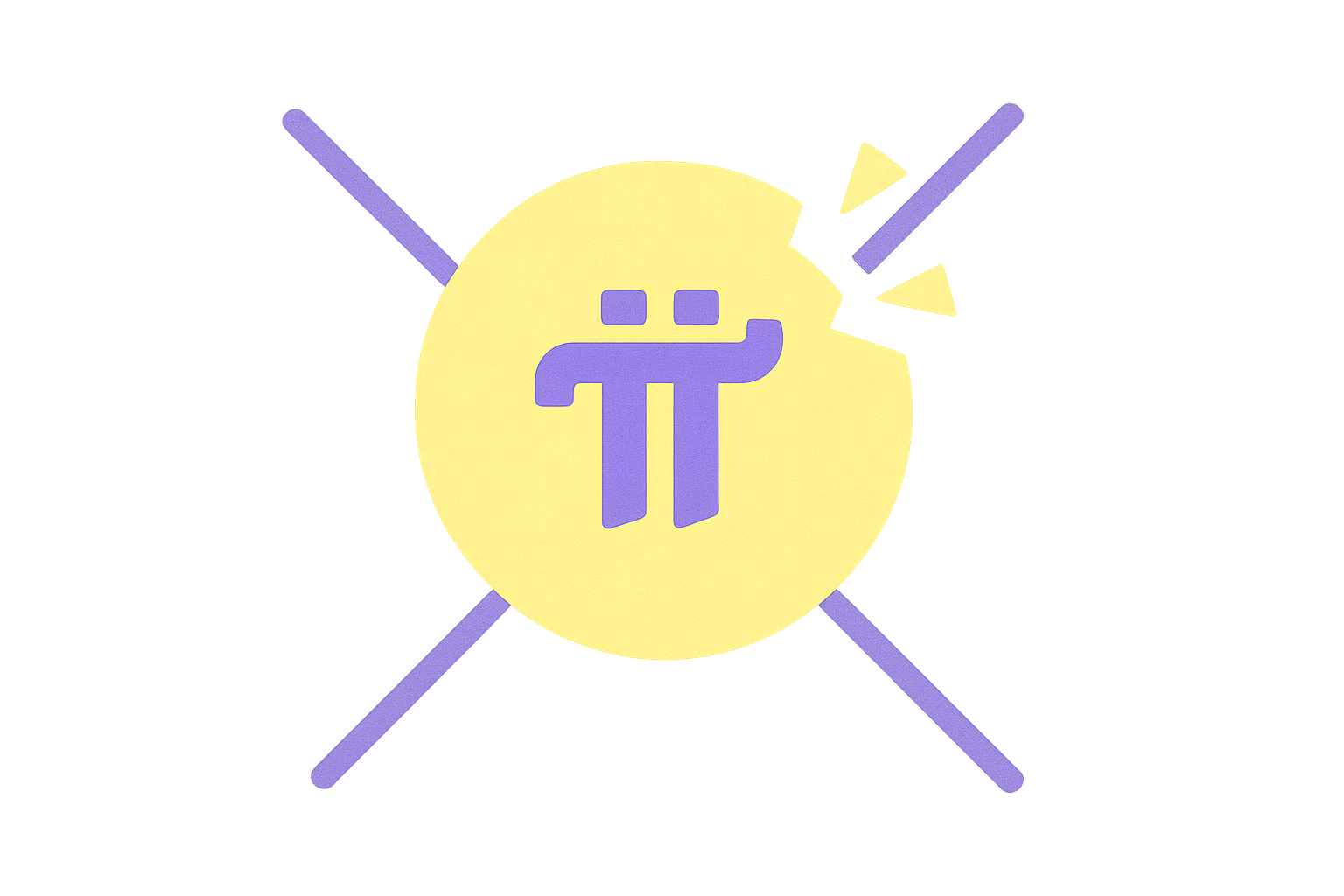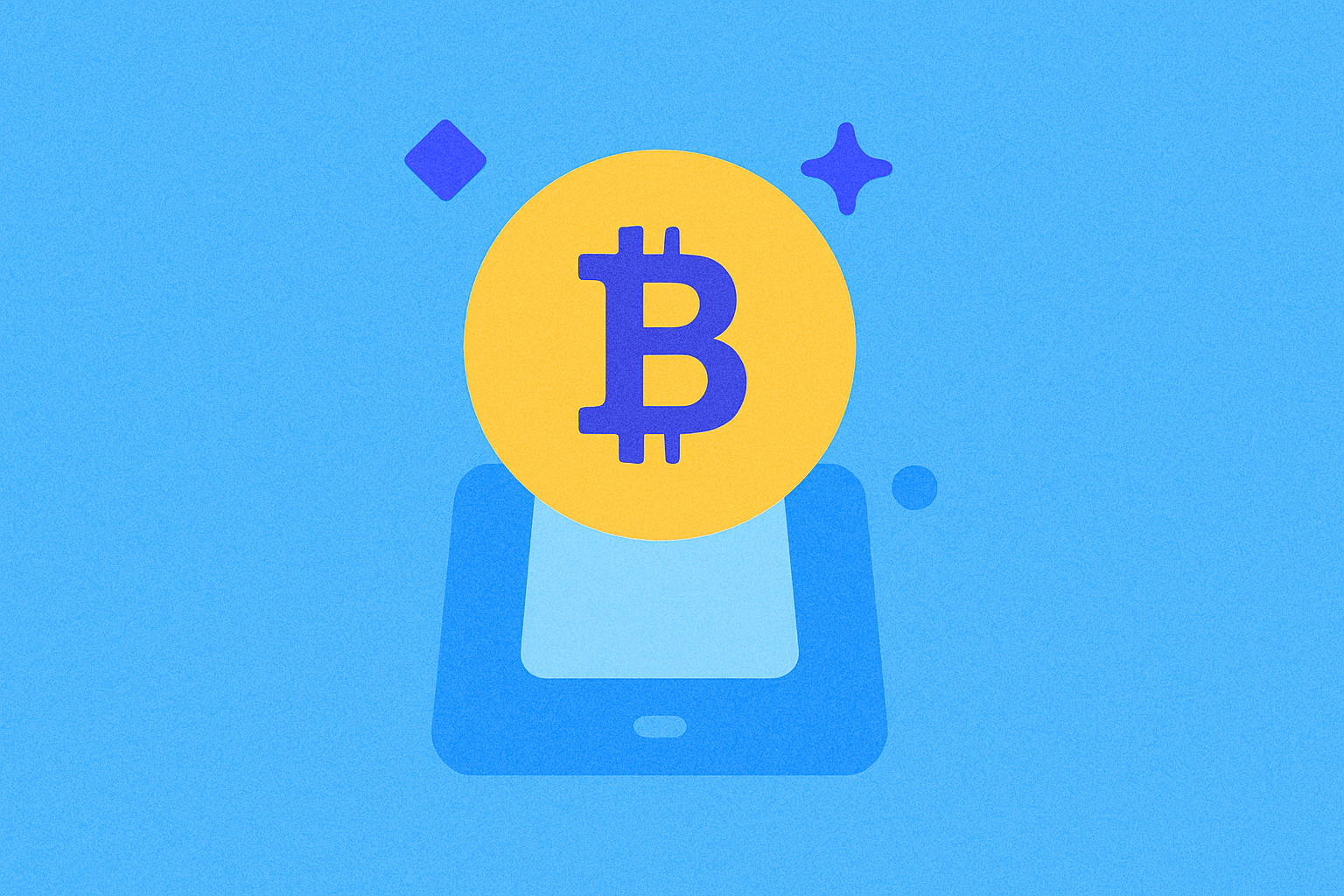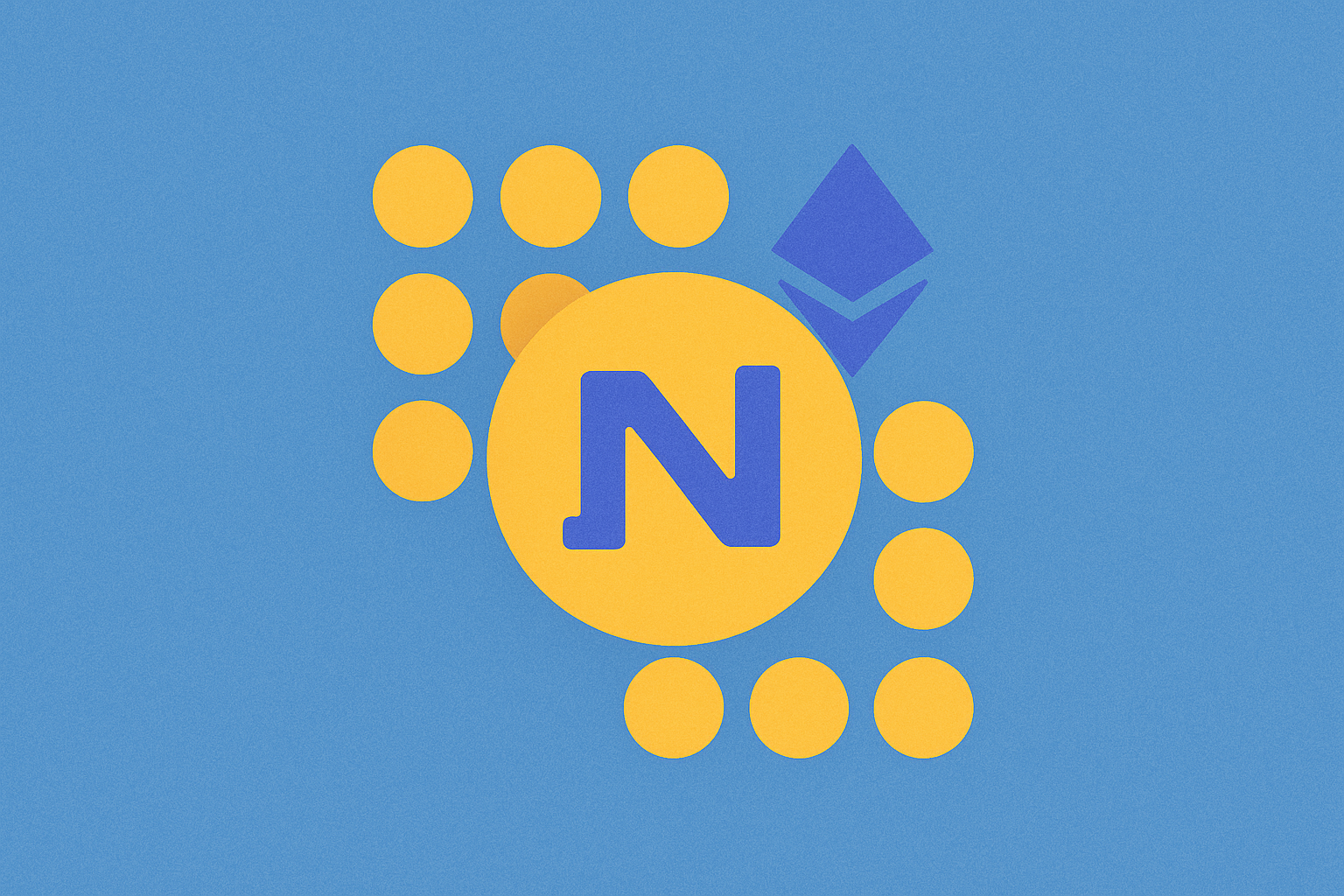Stable Ön Yatırım Durduruldu: Bitfinex’in Son DeFi Hamlesinde Ne Ters Gitti


Bitfinex'in DeFi Hayalinin Şok Edici Çöküşü
Kripto para sektörü, Bitfinex’in iddialı DeFi projesinin kritik teknik sorunlar nedeniyle beklenmedik şekilde faaliyetlerini durdurmasıyla yeni bir büyük kriz yaşadı. Bitfinex DeFi projesindeki problemler, merakla beklenen Stable token ön depozito aşamasının başlatılmasının hemen ardından ortaya çıktı ve Web3 ekosisteminde ciddi aksamalara yol açtı. Kripto para yatırımcıları, Bitfinex’in geleneksel finans ile merkeziyetsiz protokoller arasında köprü kurma iddiasıyla bu yeni girişime büyük umut bağlamıştı. Proje, kullanıcılara gelişmiş likidite havuzları ve yenilikçi getiri optimizasyon stratejileri sunarak stablecoin kullanımını kökten değiştirmeyi vaat ediyordu. Ancak, DeFi ekosistemine çığır açacak bir yenilik olarak tasarlanan bu girişim hızla, kripto dünyasının köklü oyuncularının dahi karşılaşabileceği riskler ve teknik zorluklar konusunda dikkat çekici bir örneğe dönüştü. Ön depozito fonksiyonunun aniden durdurulması hem erken benimseyenleri hayal kırıklığına uğrattı hem de platformun güvenlik mimarisi ve risk değerlendirme süreçleriyle ilgili ciddi soru işaretleri doğurdu. Bu gelişme, tüm DeFi topluluğunda dalgalanmalara yol açtı ve benzer projelere yatırım yapan birçok kişinin stratejilerini yeniden gözden geçirmesine neden oldu.
Stable Ön Depozito Fiyaskosu: 825 Milyon Dolarlık Hata
DeFi ön depozitosunun askıya alınmasının büyüklüğü, zincir üstü analistlerin bu teknik arızanın çarpıcı mali sonuçlarını açıklamasıyla ortaya çıktı. Yaklaşık 825 milyon dolar değerindeki dijital varlık, sorunlu ön depozito kasalarında dondurularak, bu olayı son yılların en büyük kripto kasa hatalarından biri haline getirdi. Durumu daha da karmaşıklaştıran ise, 1. Fazda büyük yatırımcılara avantaj sağlayan tartışmalı lansman stratejisiydi; bu durum küçük yatırımcıları dışarıda bırakılmış hissettirdi. 2. Faz depozitolarının açılmasından üç saat sonra, Stable tüm depozito işlemlerinin askıya alındığını resmen duyurdu ve binlerce kullanıcının belirsizlik yaşamasına neden oldu. Bu olay, merkeziyetsizlik idealleri ile büyük sermayenin söz konusu olduğu karmaşık finansal platformların gerçekleri arasındaki çoğu zaman göz ardı edilen gerilimleri yeniden gündeme taşıdı. Sektör analistleri, önceki DeFi protokol arızalarıyla benzerlikler bulurken, Bitfinex’in hatasının ölçeği, örneğin Stream Finance’in 93 milyon dolarlık kaybı gibi son vakaları önemli ölçüde aştı. Gate uzmanlarının değerlendirmesine göre, akıllı sözleşme mimarisi uygulamasında temel hatalar bulunuyordu ve daha kapsamlı testlerle bu sorunlar önceden tespit edilebilirdi.
| Alan | Sorun Öncesi Beklentiler | Olay Sonrası Gerçekler |
|---|---|---|
| Kullanıcı Erişimi | Fazlar arasında adil katılım | 1. Fazda büyük yatırımcılara ayrıcalıklı erişim |
| Kilitli Değer | $0 | Kasalarda 825 milyon dolar donduruldu |
| Teknik Değerlendirme | "Canlıya hazır" | Kritik akıllı sözleşme açıkları |
| Piyasa Güveni | Yüksek beklenti | Ciddi güven kaybı |
Beklentiden Çöküşe: Teknik Hataların Perde Arkası
Stable token ön depozitosundaki sorunların teknik analizi, nihayetinde Web3 platformunda depozito işlemlerinin askıya alınmasına yol açan bir dizi kritik zafiyeti gözler önüne serdi. Temel sorun, platformun akıllı sözleşmeleri ile oracle fiyat akışları arasındaki etkileşimdeki yapısal bir kusurdu ve operasyonlar devam etseydi çok daha büyük mali kayıplara yol açabilecek bir açık oluşturuyordu. Zincir üstü güvenlik araştırmacıları, ön depozito kasasının özellikle yüksek hacimli eşzamanlı depozito işlemlerini işlerken işlem doğrulamada tutarsızlıklar tespit etti. Bu açık, olağandışı işlem modelleri tespit edildiğinde otomatik devreye girmesi gereken devre kesici ve acil durdurma mekanizmalarının yetersizliğiyle daha da büyüdü. Teknik inceleme ayrıca, Bitfinex’in piyasaya hızlı çıkmayı, yüksek yük senaryolarını gerçekçi biçimde simüle eden ortamlarda kapsamlı güvenlik doğrulamasına tercih ettiğini ortaya koydu. Ayrıca, platformun ana güvenlik özelliği olarak lanse edilen çoklu imza yetkilendirme altyapısında ciddi eksiklikler olduğu görüldü; bu yapı, ağ yoğunluğunun arttığı dönemlerde kritik sözleşme işlevlerine izinsiz erişimi engelleyemedi. Platform mimarisinin yenilikçi ancak karmaşık yapısı, geliştiricilerin sistemdeki temel sorunların kaynağını izole edip çözmesini zorlaştırarak projenin başarısızlığına yol açtı.
Çıkarılan Dersler: DeFi’de Güvenlik ve Risk Yönetiminin Geleceği
Bitfinex’in başarısız DeFi girişimi, sektörde DeFi risk yönetimi stratejileri ve güvenlik en iyi uygulamaları konusunda önemli tartışmalara yol açtı. Artık DeFi protokolleri, yalnızca gelişmiş teknik mimarinin yeterli olmadığını; bilinen açıkların ve olası öngörülemeyen risklerin de hesaba katıldığı kapsamlı risk değerlendirme çerçevelerinin şart olduğunu kabul etmek zorunda. Bu olay, öncü platformların güvenlik önlemlerini yeniden değerlendirmesine neden oldu; birçok şirket, akıllı sözleşmeler için ileri düzey biçimsel doğrulama prosedürleri uygulamaya başladı ve benzer açıkların kullanıcıları etkilemeden önce tespit edilmesi için ödül programlarını genişletti. Bitfinex vakası, büyük kaynaklara sahip köklü oyuncuların bile güvenlik süreçlerindeki ihmallerin mağduru olabileceğini kanıtladı. DeFi ekosistemi gelişmeye devam ederken, yatırımcılar hem teknik hem de operasyonel riskler konusunda daha fazla şeffaflık talep ediyor. Standartlaştırılmış risk açıklama çerçeveleri, DeFi alanında daha bilinçli kararlar alınmasını sağlayacaktır. Gate, bu gelişmelere yanıt olarak kendi güvenlik protokollerini güçlendirdi ve kullanıcıların çeşitli DeFi ürünlerinin karmaşık risk profillerini daha iyi anlamalarını sağlamak için eğitim kaynakları sundu. Güvenlik uzmanları, artık DeFi güvenliğinde daha fazla iş birliğine dayalı bir yaklaşımın benimsenmesi gerektiğini; ekosistemin dayanıklılığının, platformların ortaya çıkan tehditlerle ilgili bilgi paylaşmasına bağlı olduğunu ve güvenliğin rekabet avantajı olarak görülmemesi gerektiğini vurguluyor.

Web3'te pegleme nedir: 2025'in stablecoin mekanizmalarını anlama

XPL Saldırısı, DeFi güvenliğinde önemli zafiyetleri nasıl gözler önüne serdi?

Fiat Cüzdan Nedir? Kripto ortamında geleneksel para birimini saklayın ve yönetin

USDP nedir: ABD Doları ile Desteklenen Stablecoin’in Temelleri

RESOLV nedir: Sürdürülebilir kentsel gelişime devrim niteliğinde bir yaklaşım

En Büyük Kripto Güvenlik Riskleri Nelerdir, Kendinizi Nasıl Koruyabilirsiniz?

ELXAI Token Güncel Değeri: Anlık Fiyat ve Grafik

PI Network Borsa Listelemesiyle İlgili En Son Gelişmeler ve Uzman Yorumları

Topluluk, Token Kilitleme Politikalarına karşı tepki gösteriyor

Mobil Cihazlarda Bitcoin Madenciliği ile Kolayca Kripto Para Kazanmanın Yolları: Teknik Bir Rehber

NAKA nedir: Gelişen Kripto Para ve Blockchain Platformunu Anlamak için Kapsamlı Bir Rehber







